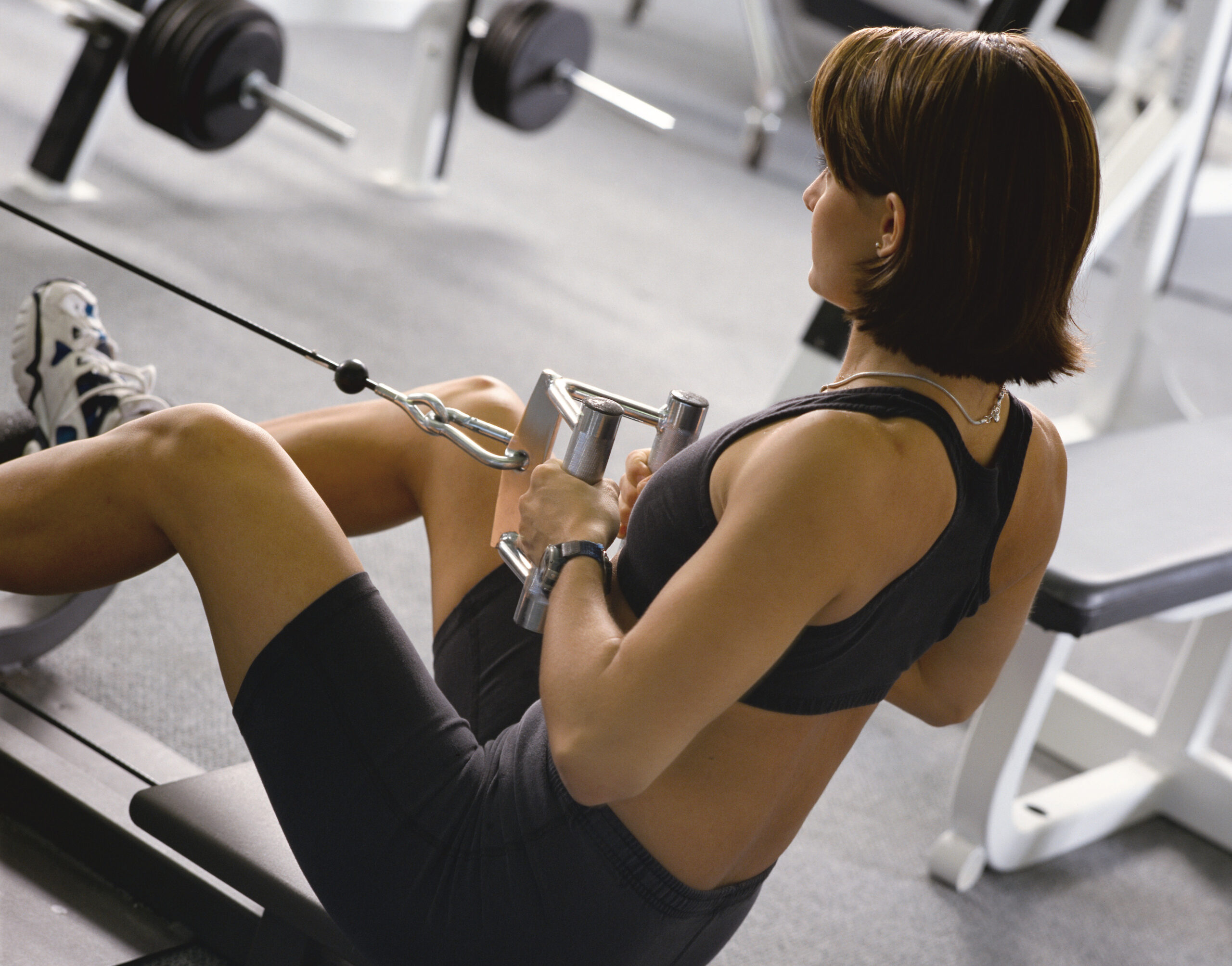Why you should be working out with weights

2 mins reading time
Weight training for peak performance
The value of keeping muscles strong and toned by using weights is widely acknowledged. However, load-bearing exercises do more than just enhance muscle strength; they also play a crucial role in maintaining the health of tendons, ligaments, and bones. If you participate in sports, strong muscles alone are insufficient for peak performance. Strong tendons and ligaments are essential as well, as they support your muscles and help prevent injuries. Think how many sessions lost to injury can be avoided by adding just one session of S&C a week.
Osteoporosis, a condition characterised by weakened bones, affects both men and women. Even lifelong rowers can be at risk of this condition. Therefore, incorporating load-bearing activities is important to maintain bone density and strength.
Moreover, maintaining healthy muscle mass is vital in the context of type 2 diabetes. Strong muscles improve the body’s use of insulin and help control blood sugar levels, thus reducing the risk of developing this condition.
Load-bearing exercises, therefore, offer a multitude of benefits, from enhancing athletic performance to preventing chronic diseases.
BUT… it isn’t as simple as walking into your gym and picking up some dumbbells. There are four important points to know:
- You have to do the work with precision. Your stronger muscles will always try to take over which reinforces the strong/weak imbalance and it takes a trained eye to spot this.
- You need to keep your workout balanced i.e. train a muscle and it’s counterpart.
- Most rowing club gyms aren’t equipped with an inexhaustible supply of weight machines. You need to know what to do with free weights and how.
- There are different ways to increase your work capacity that don’t involve adding reps or weight. Sometimes you need someone with experience and imagination to keep your workouts interesting and challenging